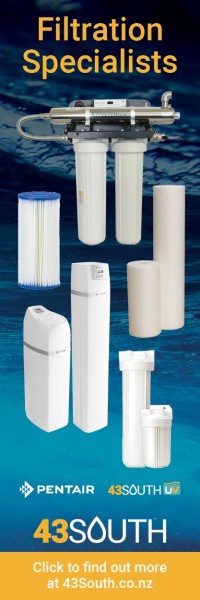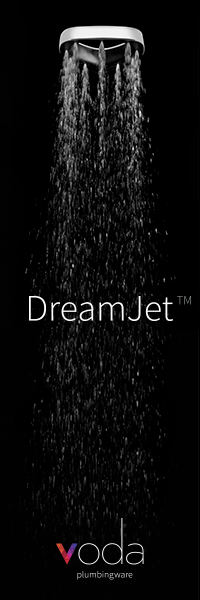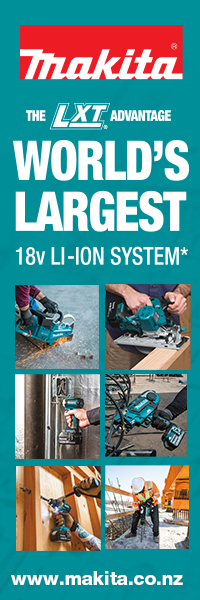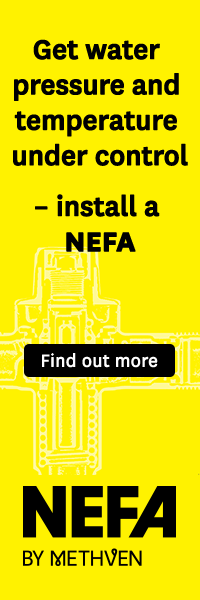Master Plumbers calling for reform to Standards NZ
24 August 2017
Master Plumbers is supporting the Specialist Trade Contractors Federation (STCF) in its call for urgent Government action to review current legislation governing quality standards in New Zealand.
Master Plumbers is a member of STCF, which represents most specialist trades throughout New Zealand. STCF president Graham Burke has outlined its concerns in a letter to Commerce and Consumer Affairs Minister Jacqui Dean and Building and Construction Minister Nick Smith.
These include issues around lack of leadership and transparency, weak structures, limited accountability and poor communication with industry stakeholders.
The STCF is also concerned about inadequate funding to meet the demand of any industry in the construction sector—and fears that the standards process is slanted to reflect the interests of those who can meet the funding requirements to meet Standards NZ’s costs.
Master Plumbers Chief Executive Greg Wallace says the plumbing sector was being impacted by all the issues raised by the Federation and lack of policing of existing standards was putting consumers at risk.
“We strongly support joint Australia/NZ Standards as the most cost-effective option,” says Mr Wallace. “However, there are serious problems with the way the system is currently being operated in New Zealand.
“The Government says it wants Master Plumbers to be involved in the creation of and review of AS/NZ standards.
“However, Standards NZ no longer provides cost recovery for travel. That means that, quite apart from the huge time commitment involved, non-profit organisations like Master Plumbers, and many others across the trade sector, face significant expense to send members to Australia to contribute to standards committees.
“Without that participation, there is a risk that AS/NZ Standards will be created by suppliers, who may be influenced by self-interest.”
Mr Wallace said underfunding also means New Zealand is not participating at all in the creation and review of some AS/NZ Standards.
“Australia has stipulated that New Zealand needs to contribute to the creation of standards if we want to have any influence in the outcome—that’s been the case for the past 18 months and it’s quite a major change.
“Decisions about which reviews New Zealand will participate in is made by the Ministry of Business, Innovation and Employment’s (MBIE) Building Systems Performance (BSP) group without any consultation with the relevant industry.
“Radio NZ recently obtained a list of reviews Standards NZ had decided not to participate in. It includes standards around basins, toilet pans and water tanks.
“Australia will now proceed with a review of those standards and New Zealand will not have any say or influence on the revised standards. This will be driven by Australia and it is likely that we will have to accept these as our standards in New Zealand.
“I have contacted the BSP group to ask why it was decided not to participate in the creation of these standards, and the answer was funding restrictions."
Mr Wallace said the lack of policing of standards in New Zealand is also a major cause for concern.
“It’s like setting a speed limit but with no speed cameras or traffic cops. Anyone can import a container load of tapware from China and sell it online—and that is happening.
“In Australia, all plumbing products must have a WaterMark certification. It is all inspected to AS/NZ Standards and stamped or certified.
“It’s estimated that 75 to 80 percent of products sold in New Zealand already have that certification. It would make sense to apply that Australian policy here too.
“New Zealand is asking good suppliers to meet the standards but doing nothing about the people who are putting consumers at risk. That’s risks like potential lead contamination in water, plumbing products that fail earlier than the expected lifespan or water damage to homes.”
Mr Burke says that while problems with Standards NZ would affect each member organisation in different ways, it impacted on most of them.
“Problems have become acute since Standards NZ was incorporated into MBIE last year,” he says.
“The industry recognises the importance of strong current standards and the role of Standards NZ in ensuring the integrity of products, infrastructure and services and public confidence in the sector.
“The only solution is an urgent overhaul of current legislation governing standards as its ‘self-funding’ approach is unsustainable.
“We are calling for a review of the Standards and Accreditation Act 2015 to allow government funding to enable Standards NZ to function sustainably in the best interests of New Zealand society.
“Furthermore, any new regime needs to be underpinned by effective enforcement and penalties for those that do not comply.”














































